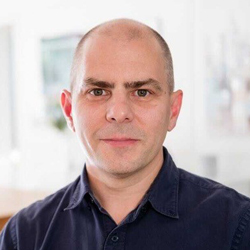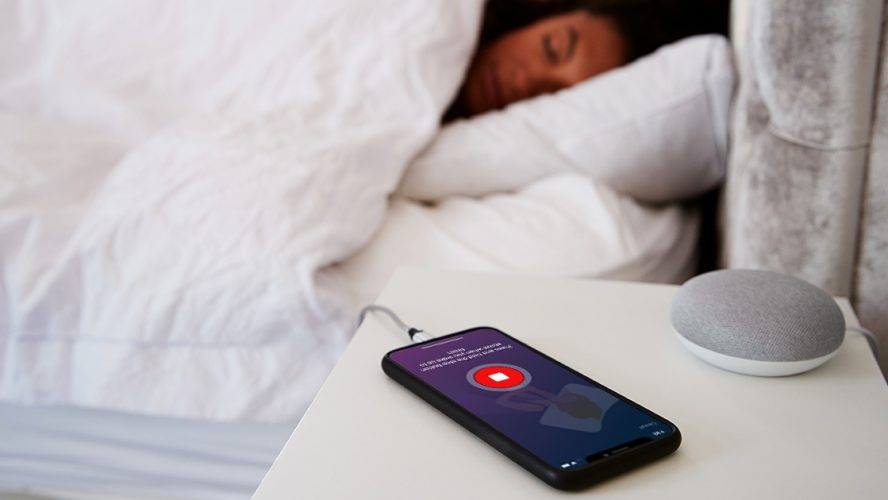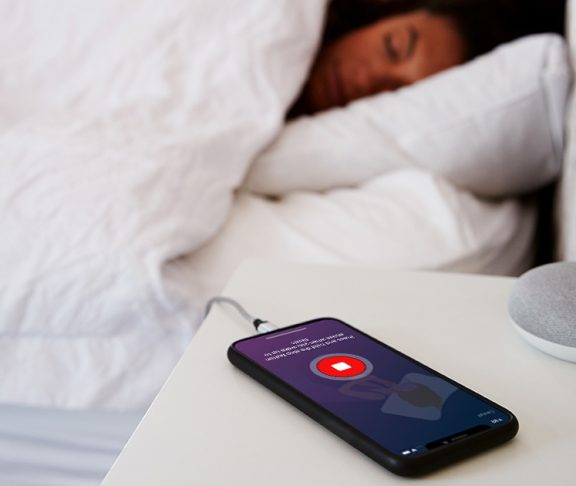
Tony Keating
CEO, ResApp Health
Sleep is important for your health and wellbeing. Sleep apnoea is a serious medical condition, with 80% of sleep apnoea cases undiagnosed. There are a number of misconceptions that exist around the condition.
It’s one of the oldest cliches of modern life: one person lies wide awake with their pillow folded over their ears, while their partner, deep in slumber, unwittingly sends out thunderous vibrations like they’re trying to start a lawnmower in their throat.
However, snoring can be a sign of something medically serious. Sleep apnoea is a disorder in which breathing stops and starts during sleep. It can also have serious health consequences that go beyond sleep deprivation and fatigue, like high blood pressure, mood imbalances, an impaired immune system and headaches.
If left untreated, sleep apnoea can lead to depression, stroke, and cardiovascular disease later in life, as well as being seven times more likely to be in a car accident!
There are a number of common misconceptions that exist around the condition which can lead to delays in seeking help:
Myth one: Snoring is harmless
Snoring could be a warning sign that you may have sleep apnoea. Sleep apnoea is where your throat is partly or completely blocked, causing you to stop breathing multiple times during the night.
Often, the sufferer is unaware of it happening during sleep. Untreated sleep apnoea can lead to an increased rate of stroke, depression, dementia, heart disease and motor accidents.
Sleep apnoea is where your throat is partly or completely blocked, causing you to stop breathing multiple times during the night.
Myth two: Sleep apnoea only affects men
Women tend to be underdiagnosed with sleep apnoea as they may experience symptoms differently to men. Whilst sleep apnoea has been commonly linked to men snoring heavily, a recent study has shown that sleep apnoea occurs in 50% of females aged 20–70 years.
Myth three: Only overweight people have sleep apnoea
People of all sizes and ages can experience sleep apnoea. Obesity is often a high-risk factor for sleep apnoea, however other factors may include age, type 2 diabetes and hypertension.
Check your risk of sleep apnoea
Before you rule out the possibility of sleep apnoea for yourself or your partner, check your risk. This can be done using ResApp’s SleepCheck app which listens to your breathing whilst you sleep.
If you think you have sleep apnoea please consult your health care professional for advice to seek diagnosis and treatment.
SleepCheck is a clinically validated health app that can help determine whether you are at risk of sleep apnoea from the comfort of your own home.
While you sleep, it will record your breathing and snoring sounds to assess whether there’s a risk of sleep apnoea.
SleepCheck is a clinically validated health app that can help determine whether you are at risk of sleep apnoea from the comfort of your own home.
While you sleep, it will record your breathing and snoring sounds to assess whether there’s a risk of sleep apnoea. Download the SleepCheck app (Available on iPhone & Samsung phones for £4.99)





